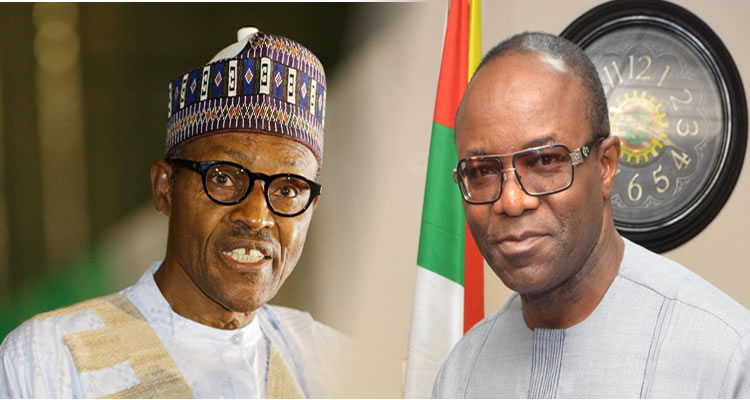
The Nigerian National Petroleum Corporation (NNPC) had been selling petrol at N145 a liter, but on Thursday, November 3, the price rose to N150 in the Federal Capital Territory and the surrounding areas as private marketers capitalized on rumors regarding plans to hike petrol prices.
Responding to news that the petrol pump price had increased, petroleum minister Ibe Kachikwu announced over the weekend that he was not aware of such an increase and would review the pricing template.
Sources revealed to SaharaReporters that the federal government would likely not increase the petrol price due to its fear that doing such would trigger mass protests, as it did in 2012. On Monday, the Nigeria Labour Congress advised the government to not increase the petrol price, hinting that such an increase could result in civil unrest.
SaharaReporters further gathered that the federal government has been quietly subsidizing crude oil at N28 per liter to keep the fuel price low. The subsidy, however, means that Nigeria has less crude oil to sell, and Nigeria relies on exporting crude oil abroad in order for it to be refined into petroleum products that are then sent back into the local market.
Meanwhile, due to the depreciating value of the naira and the economic recession, independent oil companies have had difficulty importing petroleum products, leaving the NNPC as the sole gasoline importer.
